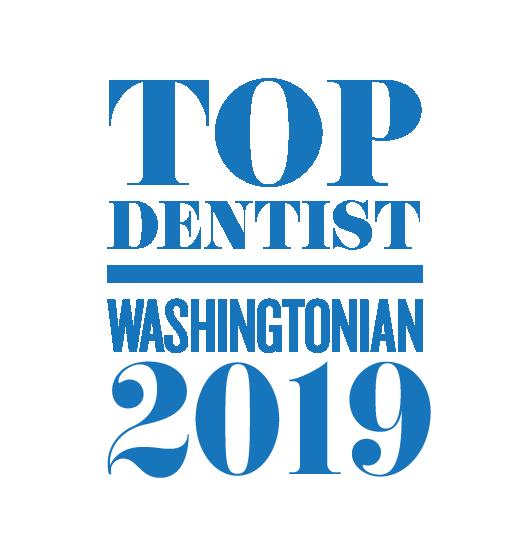Understand the Dangers
Surprising as it may sound, many smokers need to be made more aware of the dangers of tobacco use. In fact, just 29 percent of smokers say they believe themselves to be at an above-average risk for heart attack compared with their nonsmoking peers, according to a study published by the Journal of the American Medical Association in March of 1999.
Obviously, while information about the medical problems associated with smoking – such as lung disease, cancer, heart disease and low-birth-weight infants – is widely available, many smokers seem to have tuned out.
If you are a smoker who is concerned about the effects smoking can have on your health, congratulations! By accessing information about the negative impacts of tobacco use, you are taking the first step toward quitting.
To increase awareness of the dangers of smoking, the American Cancer Society sponsors the Great American Smokeout every year in November. Americans are encouraged to quit smoking for a day or to encourage someone else to quite for a day. The idea is to help someone be smoke-free for a day in hopes of motivating that person to quit forever.
The American Academy of Periodontology wants you to understand yet another good reason to quit: Tobacco use is harmful to oral health.
Time to Quit
In conjunction with the Great American Smokeout, the American Academy of Periodontology hopes to help educate the public about one specific threat to smokers – periodontal disease. Recent studies have shown that tobacco use may be one of the most significant risk factors in the development and progression of periodontal disease. In addition, following periodontal treatment or any type of oral surgery, the chemicals in tobacco can slow down the healing process and make the treatment results less predictable.
How does smoking increase your risk for periodontal disease? As a smoker, you are more likely than nonsmokers to have the following problems:
- Calculus – plaque that hardens on your teeth and can only be removed during a professional cleaning
- Deep pockets between your teeth and gums
- Loss of the bone and tissue that support your teeth
If the calculus is not removed during a professional cleaning, and it remains below your gum line, the bacteria in the calculus can destroy your gum tissue and cause your gums to pull away from your teeth. When this happens, periodontal pockets form and fill with disease-causing bacteria.
If left untreated, periodontal disease will progress. The pockets between your teeth and gums can grow deeper, allowing in more bacteria that destroy tissue and supporting bone. As a result, the gums may shrink away from the teeth making them look longer. Without treatment, your teeth may become loose, painful and even fall out.
Save Your Smile
Research shows that smokers loose more teeth than nonsmokers do. In fact, according to data from the Centers for Disease Control and Prevention, only about 20 percent of people over age 65 who have never smoked are toothless, while a whopping 41.3 percent of daily smokers over age 65 are toothless.
In addition, research shows that current smokers don’t heal as well after periodontal treatment as former smokers or nonsmokers. But these effects are reversible if the smokers kick the habit before beginning treatment.
Not Just Cigarettes
Other tobacco products are also harmful to your periodontal health. Smokeless tobacco also can cause gums to recede and increase the chance of losing the bone and fibers that hold your teeth in place.
And, a study of cigar and pipe smokers published in the January 1999 issue of the Journal of the American Dental Association revealed that cigar smokers experience tooth loss and alveolar bone loss at rates equivalent to those of cigarette smokers. Pipe smokers experience tooth loss at a rate similar to cigarette smokers.
Other Oral Problems
Researches also have found that the following problems occur more often in people who use tobacco products:
- Oral cancer
- Bad breath
- Stained teeth
- Tooth loss
- Bone loss
- Loss of taste
- Less success with periodontal treatment
- Less success with dental implants
- Gum recession
- Mouth sores
- Facial wrinkling
© American Academy of Periodontology and Perio.org, 08/18/2011









